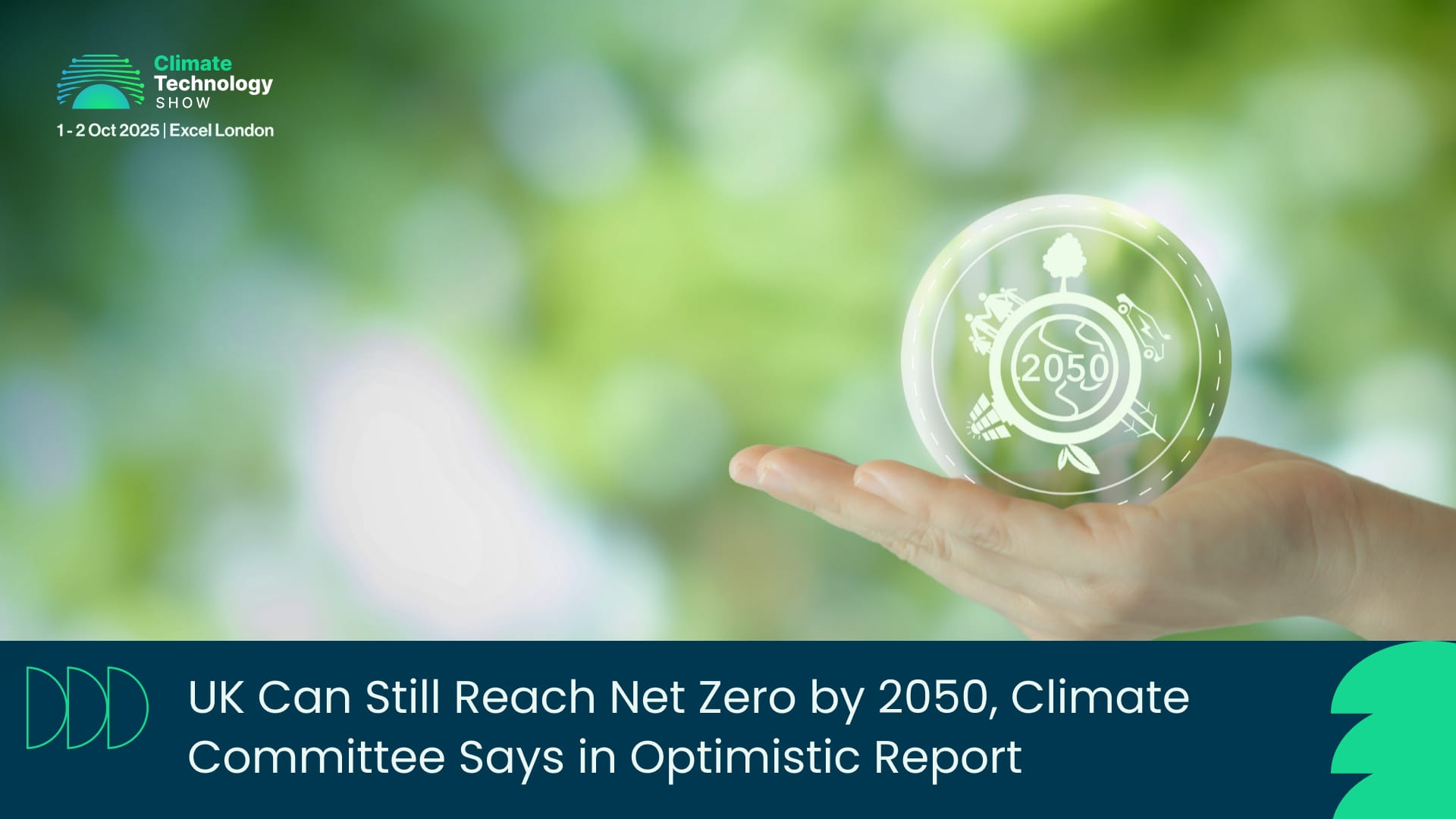The UK remains on track to reach its legally binding net zero target by 2050, according to the Climate Change Committee's latest annual progress report to parliament. The report marks a notable shift in tone from previous years, offering a rare vote of confidence in the country's climate policies—while warning that critical decisions must not be delayed.
“This is an optimistic report. It is possible to meet our carbon budgets for 2030 and 2050, provided we take steps forward on policy,” said Piers Forster, chair of the Climate Change Committee. “It’s very important that our country steps up to deliver our commitments.”
Set in law in 2019 under then Prime Minister Theresa May, the UK's net zero target has faced increasing political criticism. Kemi Badenoch, current Conservative Party leader, has described the target as “impossible” and recently called for the repeal of the windfall tax on oil and gas production in the North Sea. Meanwhile, Reform UK’s deputy leader Richard Tice labelled the goal “net stupid zero” and expressed doubt that Labour would maintain its support for the policy.
Forster responded to such criticisms by rejecting the notion that net zero would harm the economy. “We think it will be beneficial to our economy—not instantly, but by the seventh carbon budget the economy will be receiving significant benefits, and we expect that to continue [to 2050],” he said.
While the report praises some progress, it warns of key policy gaps—particularly around the pricing of energy. The UK’s energy system currently places heavier levies on electricity than on gas, making electricity more expensive despite its vital role in decarbonising heating, transport, and industry.
Bobbie Upton, a research economist at the Institute for Fiscal Studies, commented on this imbalance: “If the government wants to help households and firms with the costs of net zero, rethinking these taxes on electricity would be a good first step. This could mean sharing more of the costs with gas bills.”
The CCC stressed that the structure of energy pricing must be urgently addressed. Options include shifting some of the levies to gas bills or incorporating them into general taxation. However, each approach comes with political and social trade-offs, particularly around protecting vulnerable households.
Despite these challenges, the report highlights a number of positive developments. Tree planting rates have increased significantly, especially in Scotland, reaching levels not seen since the 1990s. While still short of the necessary volumes, the trend marks a clear improvement.
Policy shifts over the past year, particularly by the Labour Party, have also helped close the gap. The lifting of the ban on onshore wind farms and stronger support for offshore wind development are cited as important steps. Measures introduced by the previous government are also beginning to show results, including rising adoption of heat pumps and electric vehicles—though uptake remains too slow to meet climate goals.
The government will face a critical test later this year when it is due to publish a comprehensive national plan for reaching net zero. This follows a legal challenge by Friends of the Earth, which argued that the government’s current strategy lacked sufficient detail.
Mike Childs, head of policy at Friends of the Earth, stated: “[That plan must be] designed in a way that’s fair, so that we can bring everyone along with us in building a better future. That means ensuring polluters—not hard-working people and the most marginalised in our society—are the ones picking up the tab for climate action.”
While the road to net zero remains complex and politically fraught, the Climate Change Committee's latest report signals that the UK still has a viable pathway to meet its climate commitments—if the right policy choices are made, and soon.

